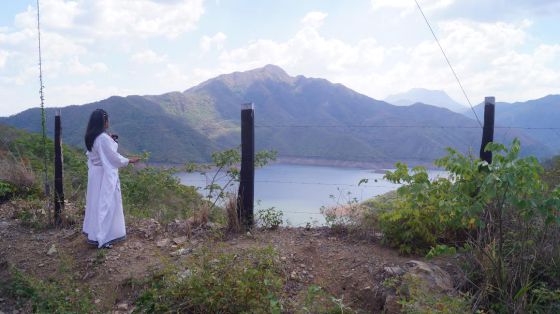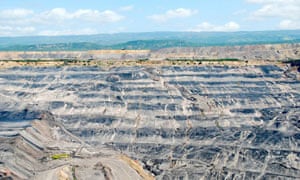taken from the London Mining Network. See original here
Last Friday, 5 June, the expropriation of Isidro’s house in Roche Community took place . “It was a small house made of natural material, it didn’t take more than five minutes to tear down but it was the place that Isidro called home,” said one of the delegates.
On Thursday, after a long day of travel across La Guajira, visiting communities impacted by the Cerrejón coal mine as part of a Witness for Peace delegation, we met a woman named Doña Maria from the community of Roche, who came to us for help. She had just found out that the police were planning to knock down her father’s house, probably the following day in the Roche community, where Cerrejón has already displaced the majority of families and resettled them in Nueva Roche. Her father, Don Isidro, a community elder, who was born in Roche and has live there for all 97 years of his life, was facing expropriation from the land passed down by his family.








